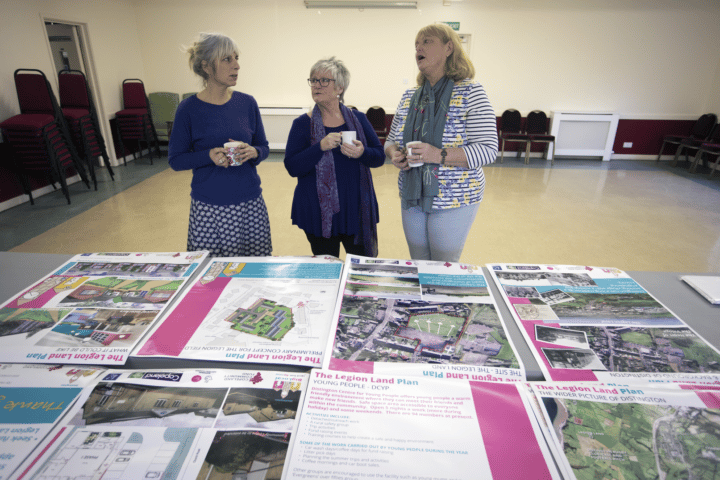Turning small grants into lasting change
Our latest toolkit can help you design or refresh your community grants programme.
Giving out small pots of money to local people through a community grants programme can be an effective way to create lasting change, but it can be tricky to do well.
That’s why we’ve launched a new toolkit, How to design a community grants programme, sharing how four Big Local Areas – Hateley Cross, Kingsbrook and Cauldwell, Rastrick, and Roseworth – improved their grant-making.
Packed full of questions and tips to interrogate your grant purpose, processes and impact, it also has useful links to further support and resources. It can help you:
- explore how community grants could support the change you want to make
- design an accessible application process
- define how you will decide which projects to fund
- explore how much risk you are willing to take
- attract applications from groups you haven’t engaged with yet
- give out grants fairly
- review your community grants programme to check it fits with your priorities.
What is a community grant?
It’s often a relatively small amount of money (in the hundreds and thousands of pounds) that is given out to local people or groups to organise activities or run projects that benefit the local community.
“Over the last few years, we used a £5,000 community grant from Big Local to organise cohesion trips for local families. We’ve been to the theatre, Blackpool illuminations, museums in London and Liverpool,” says Edna Dunn, a local resident of Hateley Cross Big Local.
“These trips have helped build the skills and confidence of local residents to take action and apply for funding from other sources. Now, local youngsters run a litter picking group, and residents organise an annual family fun day. And we’ve campaigned and succeeded at getting a derelict building back into use for the community.”
Grants that fit your community
Each community grants programme will have its own unique purpose and aims. For example, in Roseworth Big Local, they call them Rosebud grants.
“It was a Rosebud grant that funded the materials and tools to create a community garden at the back of our community cafe, and run a friendship group every Friday,” explains Karen Harley, Chair of Roseworth Big Local.
“Applications have to fit with our criteria, which include not duplicating activities. So we keep an eye out on what’s happening locally. But everything’s changed after Covid so reviewing our grant-making process was really needed.”
We’ve made our application forms more user-friendly and we have new ideas to reach more people and give a Rosebud grant away every month.”
Karen Harley, chair of Roseworth Big Local
Time for a refresh
If you’ve got an existing community grants programme, the community grants toolkit can also help you reflect on whether it’s still helping you achieve your aims.
For example, in Hateley Cross, the partnership found it hard to know what their community needed after two years of lockdown.
“Reflecting on our community grants programme, speaking to local people about what they need, and refreshing our process has helped us reach different groups,” says Edna.
We’ve also made our application form more proportionate. So if you’re applying for a small amount, you have to fill out less information. And it’s more substantial for bigger grants.”
Edna Dunn, local resident in Hateley Cross Big Local
Growing confidence through grant-making
Creating a grant-making process that is accessible, inclusive and fair can be a challenge – so building confidence is key.
“We’ve given out 37 community grants since 2014, funding everything from equipment for play areas to fresh food parcels for the vulnerable,” says Jayne McPherson from Kingsbrook and Cauldwell Big Local.
“At the beginning, the partnership was worried about being responsible for that amount of money and spending it wisely … But their confidence has grown through grant-making. They’ve learnt how to say no to things that don’t fit with our criteria, and take a risk on projects.”
Ready to get started? Download the community grants toolkit here >



